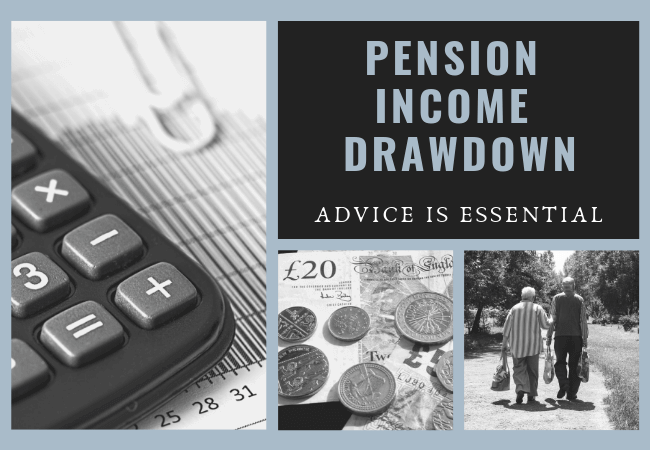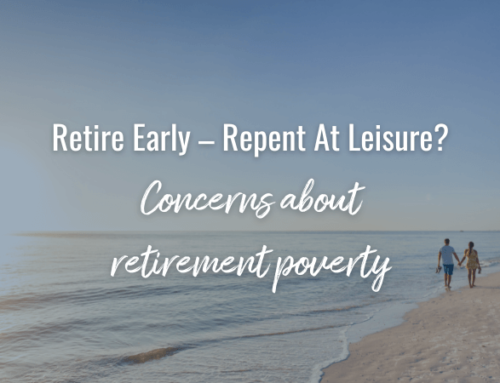Pension income drawdown is where you leave your pension pot invested and take an income directly from it, instead of using the money in your pot to buy an annuity from an insurance company. As the rest of your pension pot remains invested, it will continue to benefit from any investment growth.
Since pension reforms were introduced in April 2015, more and more retirees have opted to take flexible withdrawals from their pension funds, and the Financial Conduct Authority has reported that drawdown has become much more popular, with twice as many pots moving into drawdown than into annuities.
UNDERSTANDING THE RISKS
Whilst pension income drawdown offers great flexibility, there are risks that you need to be aware of. Unlike an annuity, the amount you could draw as income isn’t guaranteed.
Your pension fund remains invested which means that you are exposed to share price movements as markets rise and fall. This makes it even more important to take good independent professional advice. Without it you could find your income level falls and you might even risk running out of money at some point.
In pension income drawdown, there are risks involved both in taking out too little and too much. If you draw too little you might not have sufficient to cover your living expenses. Taking out too much could have tax implications and also restrict your remaining pension pot’s ability to provide an income throughout your retirement.
This is where your financial adviser can provide valuable input, helping you plan your drawdown strategy and ensuring that it is kept under regular review.
Although it’s no longer obligatory to take an annuity at retirement, they still have benefits to offer. It is possible to put a portion of your pension pot into an annuity to provide a regular guaranteed amount for the rest of your life. Some people choose to do this to ensure they cover their core living costs.
Clifford Osborne are Independent Financial Advisors (IFA) based in Eastbourne, East Sussex, offering early retirement advice, pension advice, mortgage advice and more. Our clients often come from Uckfield, Lewes, Brighton, Tunbridge Wells, Hastings, Bexhill, Newhaven, Seaford, Crowborough and further afield.
Please read our VoucherFor reviews here. The value of investments can go down as well as up and you may not get back the full amount you invested. The past is not a guide to future performance and past performance may not necessarily be repeated.
It is important to take professional advice before making any decision relating to your personal finances. Information within this blog is based on our current understanding of taxation and can be subject to change in future.
It does not provide individual tailored investment advice and is for guidance only. Some rules may vary in different parts of the UK; please ask for details. We cannot assume legal liability for any errors or omissions it might contain. Levels and bases of, and reliefs from, taxation are those currently applying or proposed and are subject to change; their value depends on the individual circumstances of the investor.
The value of investments can go down as well as up and you may not get back the full amount you invested. The past is not a guide to future performance and past performance may not necessarily be repeated.
If you withdraw from an investment in the early years, you may not get back the full amount you invested. Changes in the rates of exchange may have an adverse effect on the value or price of an investment in sterling terms if it is denominated in a foreign currency. Taxation depends on individual circumstances as well as tax law and HMRC practice which can change.
The information contained within the blog is for information purposes only and does not constitute financial advice.
The purpose of the blog is to provide technical and general guidance and should not be interpreted as a personal recommendation or advice.






